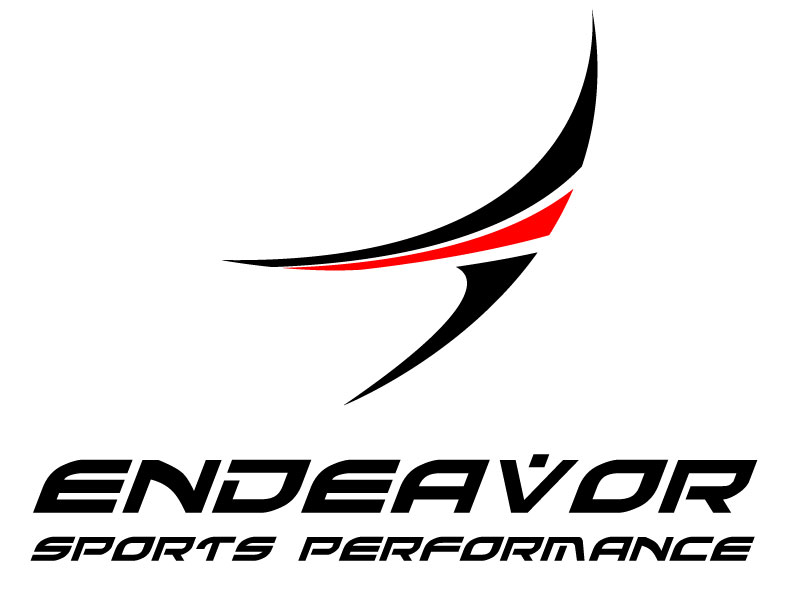Over the past several months, we’ve had more internship applications flood in for this Summer than we’ve had for any term in the 4 years that I’ve been at Endeavor. This, I believe, is a result of some of the networking we’ve done with local universities/colleges and the fact that Endeavor has become increasingly visible in the area and on a national scale, as we’ve received applications from students all over the country and a few from abroad. I’m always humbled when someone wants to intern and/or spend time observing at our facility, and am happy to see students being proactive about their future.

Throughout my interactions with these prospective interns, I’m realizing more how much of a wake-up call some students need. It seems that some students are more interested in making $8/hour standing on the floor of their local gym than they are about making sacrifices to pursue a quality learning experience. This is something that I’ve heard other coaches reference in the past, but I hadn’t seen much of it. I recognize that it isn’t always easy for students to volunteer their time in unpaid positions for several months. That said, not easy and not worth it are completely different things. It’s interesting that students will spend between $20,000-$150,000+ in a college education, much of which won’t directly translate into improved ability in a strength and conditioning setting, but can’t find a way to muster up a roughly $1,500 sacrifice in living expenses to intern. My friend, colleague, and former internship supervisor Eric Cressey wrote a great article on this topic that I highly recommend reading:
To backtrack slightly, I think some students view internships as a necessary evil to get college credits and finish their degree. “Why do I have to work for free?” In reality, internships are, by far, the best opportunity to learn training theory, program application, the art of coaching, and build a network of professionals in the field, all of which are critical to finding quality job opportunities in the future. If you want to get a decent job in collegiate or professional strength and conditioning, you’ll have to pay your dues.
For what it’s worth, I’m not preaching here. Over the course of my college experience, I interned at the University of Delaware working with football, men’s basketball, women’s volleyball and field hockey, at a private high school working with the athletes in every sport (where I was provided with an opportunity to write the programs and run the sessions), UMass Amherst with men’s ice hockey, women’s basketball, men’s soccer, and men’s and women’s skiing, and finally at Cressey Performance, where I gained exposure to training in a private setting with a wide range of clientele, from high school athletes to bad-ass senior citizens. Throughout those years, I’ve also taken advantage of opportunities to visit and observe at Michael Boyle Strength and Conditioning, Boston University, Holy Cross, Quinnipiac, and Nick Tumminello’s place in Baltimore.
The summer I interned at Cressey Performance I passed up an opportunity to run a series of hockey clinics in the Delaware area, and paid out of pocket to take a Functional Anatomy class that was part of BU’s DPT program. It’d be tough to directly quantify this, but I’d estimate that this decision, to live in Worcester, take a class at BU, and intern at CP was probably a $10,000-15,000 swing in the negative direction. And I can say, without hesitation, that it was the single best decision I’ve ever made. My only regret is that I didn’t wise up and start interning earlier.
To provide a quick illustration of the power of networking through these experiences, I volunteered under Chris Boyko at UMass Amherst. Chris introduced me to Eric at a seminar that Eric was speaking at, and Chris and I attended. This is where I talked to Eric about interning, which I received in part because of Chris’ recommendation. During my internship at CP, Eric introduced me to Mike Potenza, who was and still is the Strength and Conditioning Coach for the San Jose Sharks. Mike has become a friend, an incredible resource, a business partner, and has provided me with an opportunity to come out to help with their prospect camp and pre-season training camp. Eric also put a great word in about my coaching ability to Mike Boyle, who later provided me an opportunity to work with the USA Women’s National Hockey program. In other words, just about every experience I’ve had in professional and national team programs can be traced back to an introduction made through an internship experience I pursued. And this is strictly a discussion of the power of networking, let alone the indescribable amount I learned in all of these experiences about strength and conditioning, coaching, business, and family, among other things. I’ve also neglected to message the number of other coaches I’ve been fortunate to be introduced to, who collectively have been a huge educational resource for me, many of which have also become friends.
Everything I’ve been able to accomplish I owe to the terrific mentors I’ve had over the years, many of which I met directly or indirectly through internships. My situation isn’t at all unique. Almost every coach I know has a similar history of internships, volunteer experiences, and assistantships that have provided them with what they needed to be successful at jobs they enjoy, to live their dream. So when I hear students say things like “I can’t afford to spend a Summer interning”, I can’t help but think, “you can’t afford not to.”
To your success,
Kevin Neeld
Please enter your first name and email below to sign up for my FREE Athletic Development and Hockey Training Newsletter!